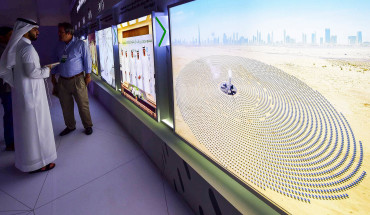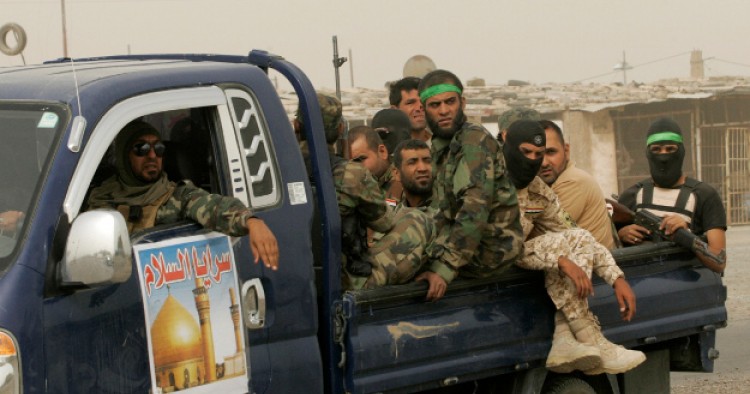This article first appeared in The National Interest.
In Iraq, the Islamic State (ISIS) is no longer on the offensive. That is particularly true on the Kurdish front in the north where the ISIS onslaught is now contained.
The Iraqi Kurdish military, the Peshmerga, proved to have the capability to repel the extremist Sunni fighters from ISIS and to hang on to recaptured territory. They have done so largely without many resources or support from West.
With the ISIS threat contained, the Peshmerga are now looking to regroup, but are also increasingly concerned about a new threat on the doorsteps of Iraqi Kurdistan, that of approaching Shia militias that are coming north and are backed by Iran.
Ali Larijani, Iran’s influential speaker of parliament, recently made a visit to the Kurdistan Regional Government (KRG) and both sides applauded the symbiotic state of Iran-KRG relations. While Larijani is the most senior Iranian official to visit the KRG since the establishment of the autonomous region, some leading Iraqi Kurdish officials fear Iran’s empowerment of Iraqi Shia militias is a recipe for a new battle front in Iraq’s north.
The view from the Peshmerga
The Kurds and Iraqi Shia militiamen are already engaging in disputes about jurisdiction and authority. This in the context of the KRG seeking to provide law and order and services to newly recaptured towns. The goal is to encourage displaced families to return to their hometowns.
This mission, however, is proving complicated.
Continue reading at The National Interest.
The Middle East Institute (MEI) is an independent, non-partisan, non-for-profit, educational organization. It does not engage in advocacy and its scholars’ opinions are their own. MEI welcomes financial donations, but retains sole editorial control over its work and its publications reflect only the authors’ views. For a listing of MEI donors, please click here.












